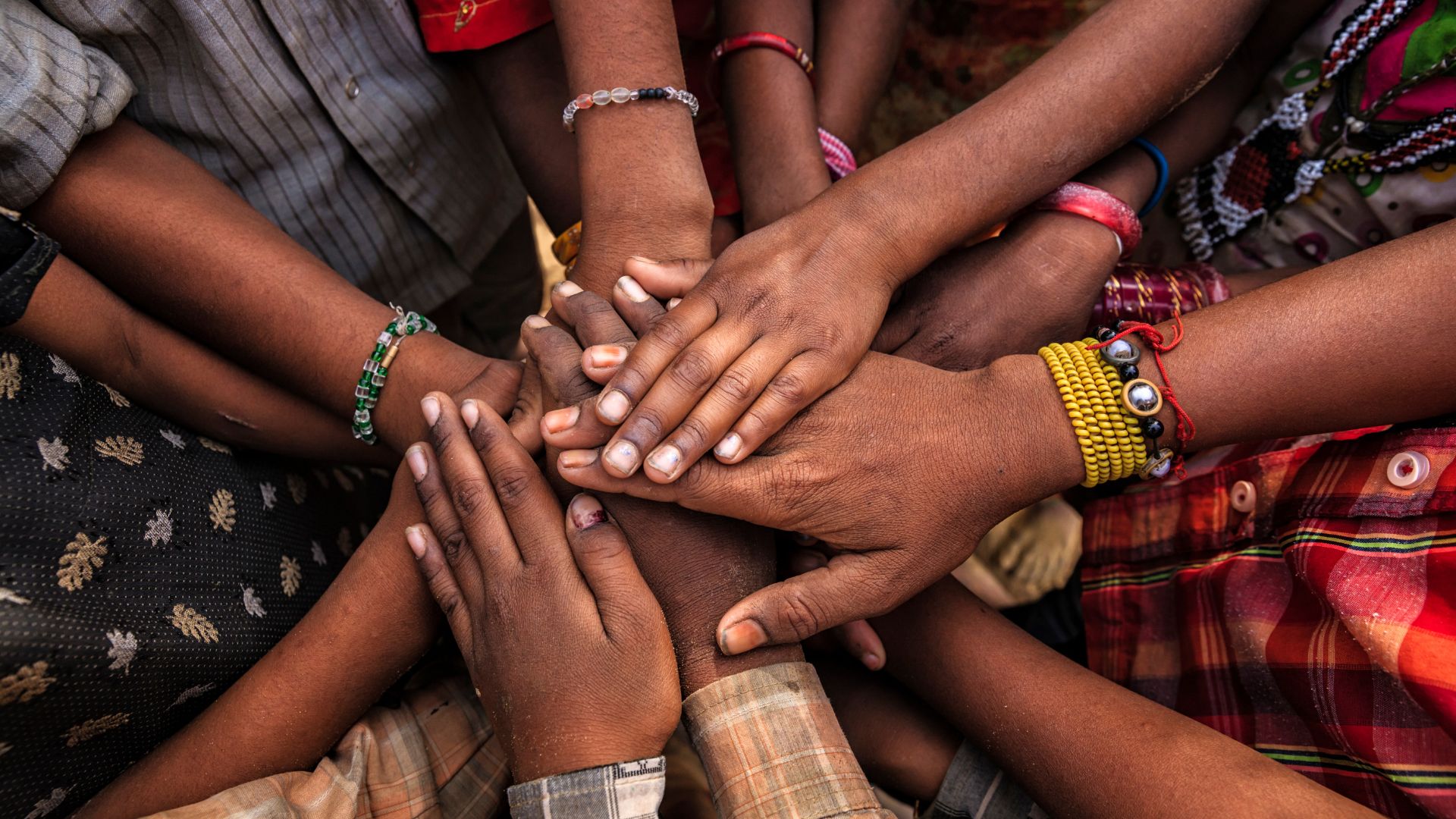- There are several contemporary changes and continuities in the insecurity landscape of Africa. Rising trends of coups in West Africa, inflation and growing indebtedness, increasing manifestations of climate change induced problems, the increasing visibility of the shortcomings of APSA, the decreasing rate of external investment into Africa including from China, and the increasing role of mercenaries are some of the recent developments undermining peace and security in Africa. On a positive note, Africa appears to be seeing a decrease in youth commitment to ideologically driven participation in extremist organisations, along with a rise in innovations and use of technology, levels of financial inclusion, youth participation and inclusion, and a blossoming creative economy.
- A review of the conclusions of the past eight Wilton Park conferences highlights the role of these conferences in ideation (shaping agendas and issues through innovative ideas), translation (re-framing issues to inform policy and practice), and execution (implementation of policies).
- Numerous recurring issues from past Wilton Park were again raised by participants. These involved issues related to the interaction between global and local actors and factors of peacebuilding, AU peace and security architectures and their relevance, the search for new paradigms of peacebuilding, the narratives and contestations on youth, peace and security, the state and durable peace in Africa, gender and peacebuilding, financing peacebuilding, and issues related to radicalism and violent extremism in Africa. While these issues are still relevant, emerging issues of climatic responses and the Russia-Ukraine war added complexity to the peacebuilding landscape.
- In past conferences, the ideation component of the global agenda was repeatedly critiqued yet embraced in practice. At the level of regional organisations, there has not been sufficient ideation because intellectuals have not been able to challenge the practices and decision-making of these organisations. These African regional organisations appear to influence the knowledge production process in such a way that the resultant knowledge does not appear threatening to heads of state. Consequently, ideas that have little relevance for African realities dominate. One solution to this could be empowering citizens to make these organisations accountable for what they do in Africa.
- Because of the lack of sufficient ideation, the peace conversation in Africa is dominated by the gun rather than the pen. Non-coercive powers such as positional power, expert power, and referent power are fundamental to the conversation on peace and war. The latter are often manifested in the pen, the spoken word, and the internet. Coercive power, however, has dominated because non-coercive power often fails to generate alternative ideas of peace and the state, hence the need to organise to generate knowledge. That said, the dominance of the gun may be as much due to the failure to translate knowledge into policy as it is due to the lack of quality knowledge.
